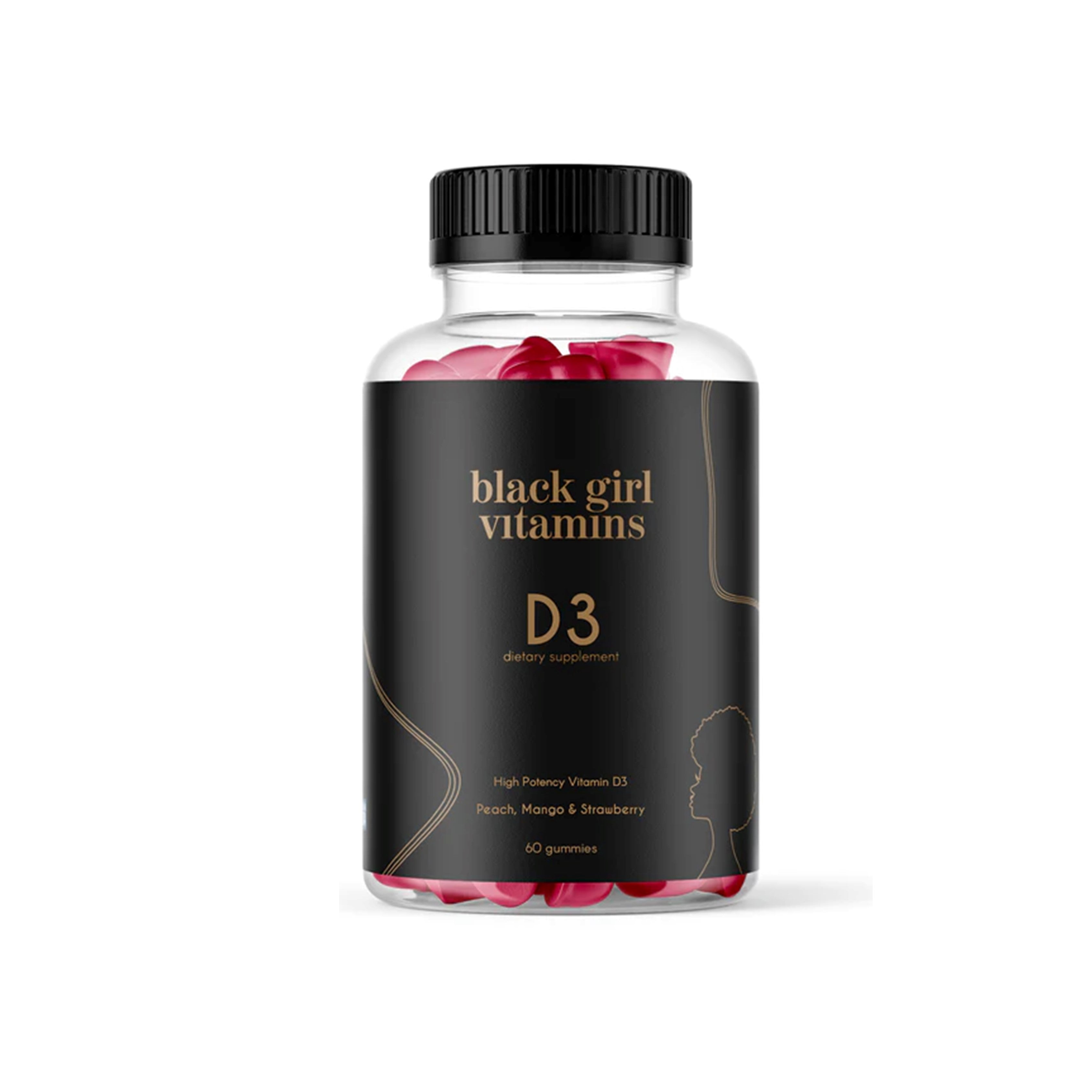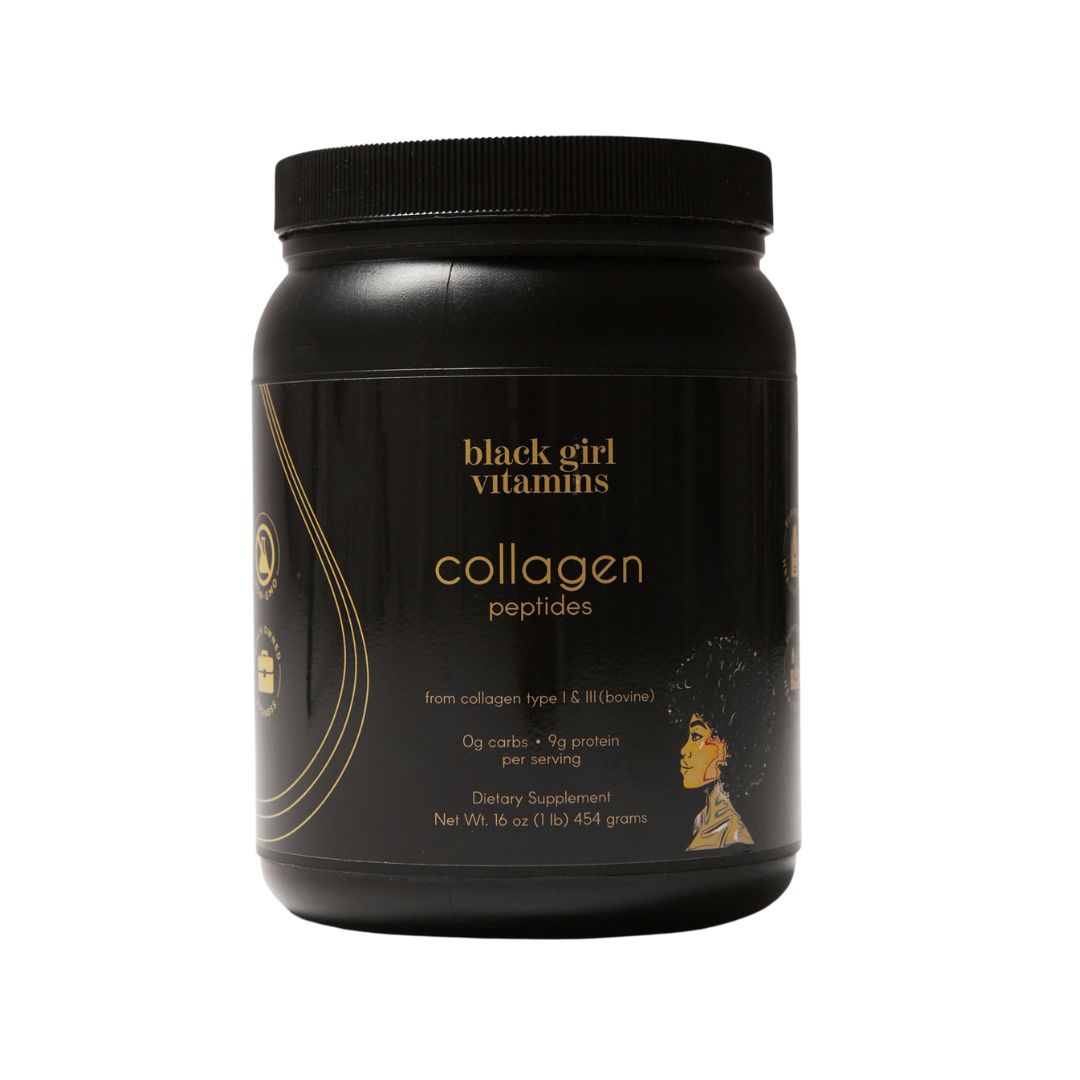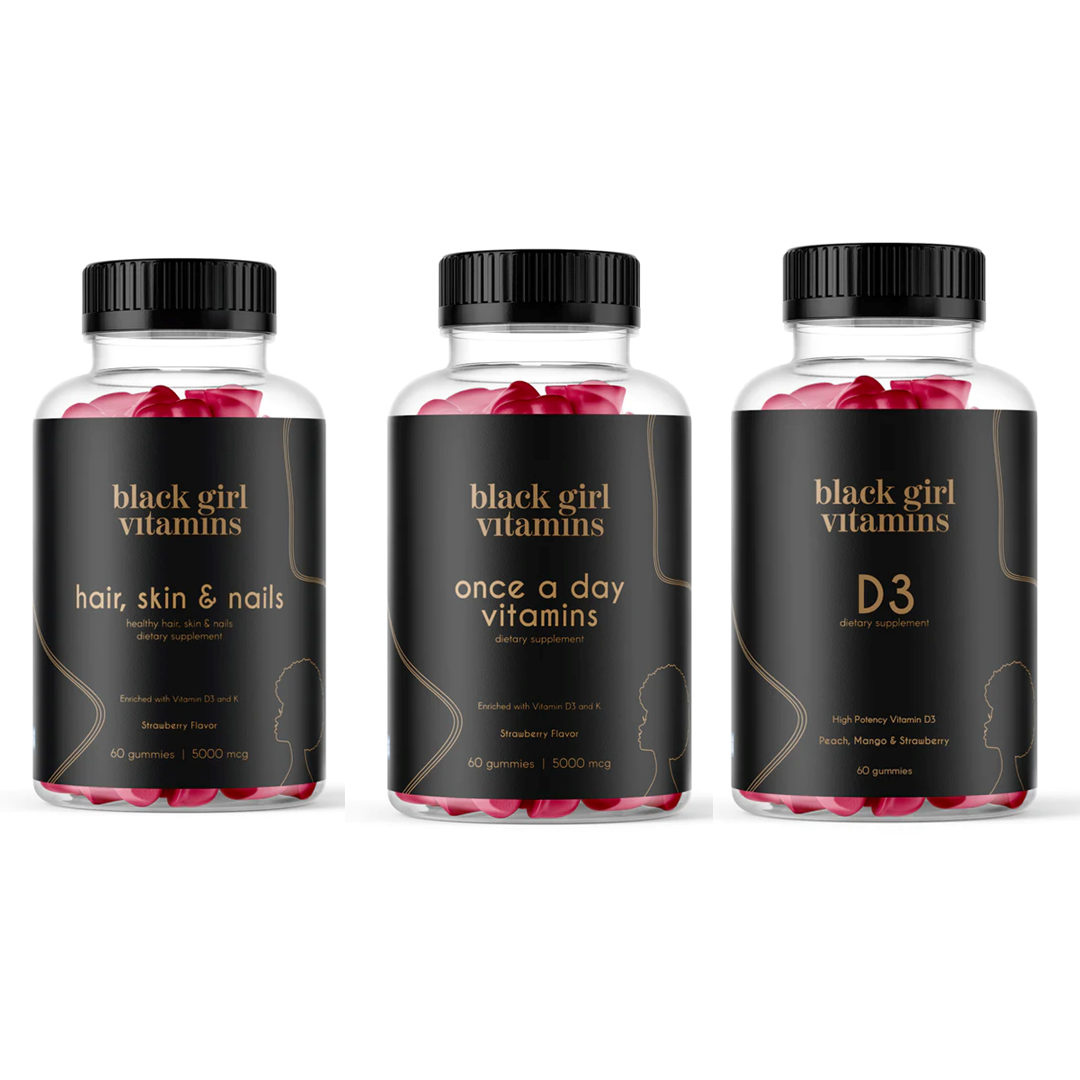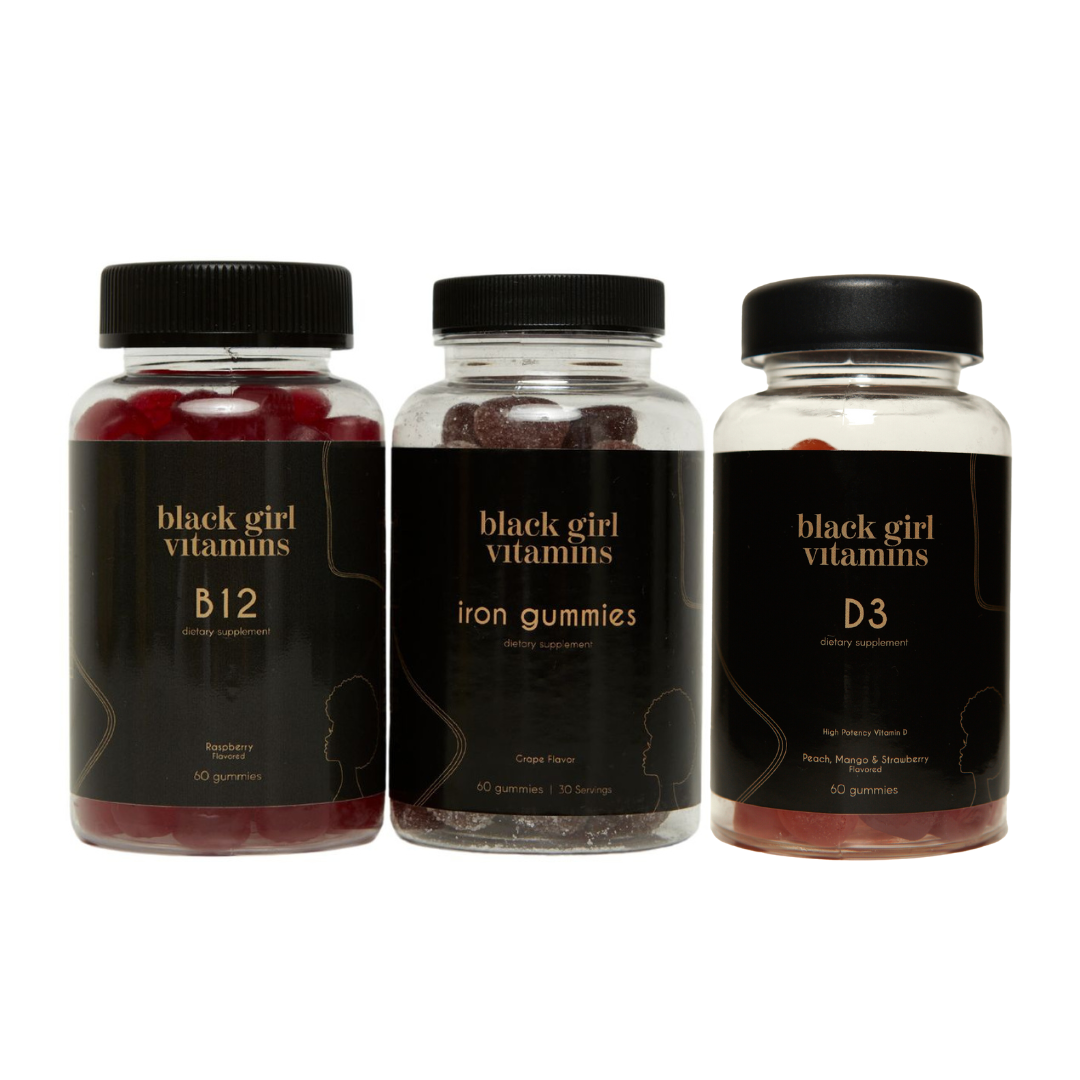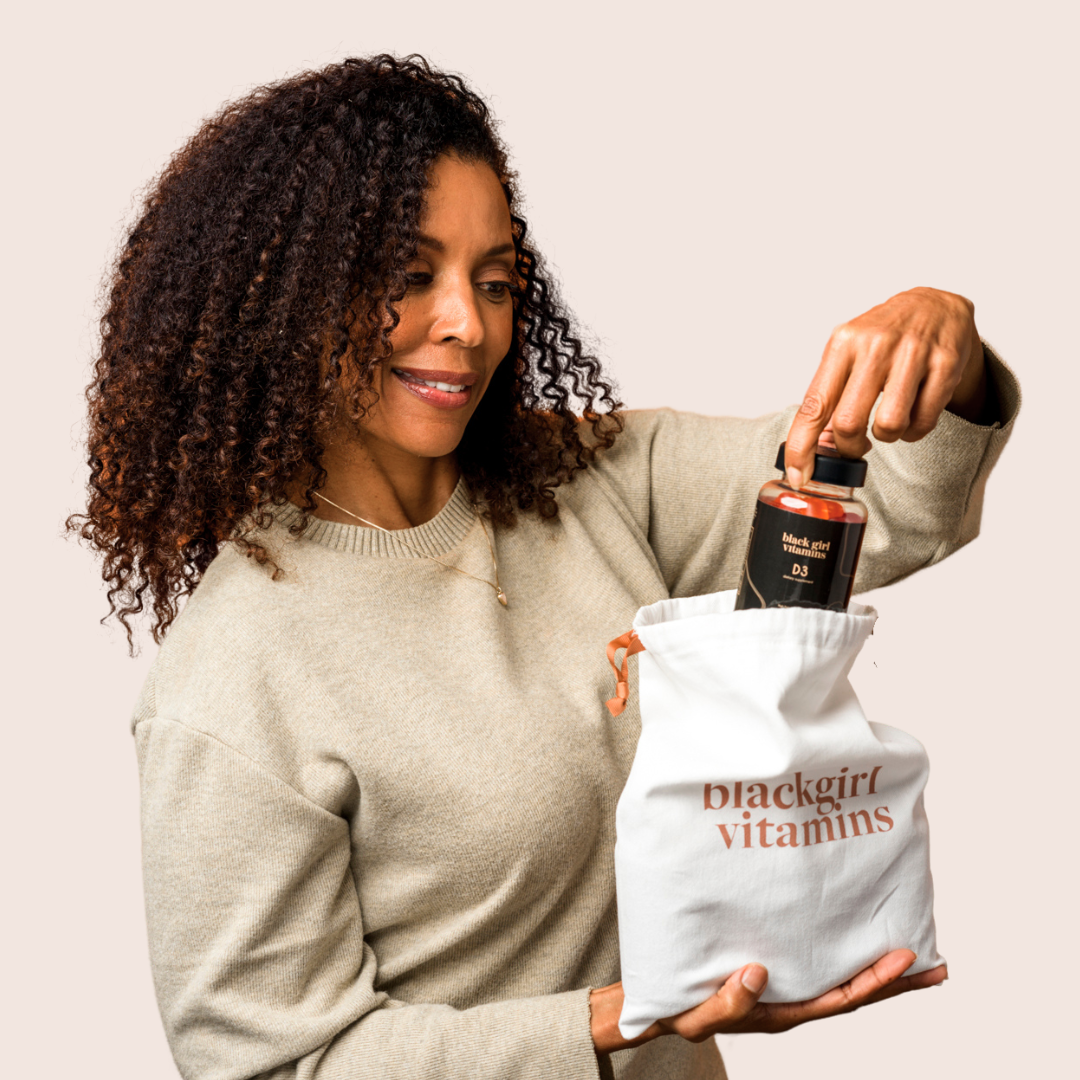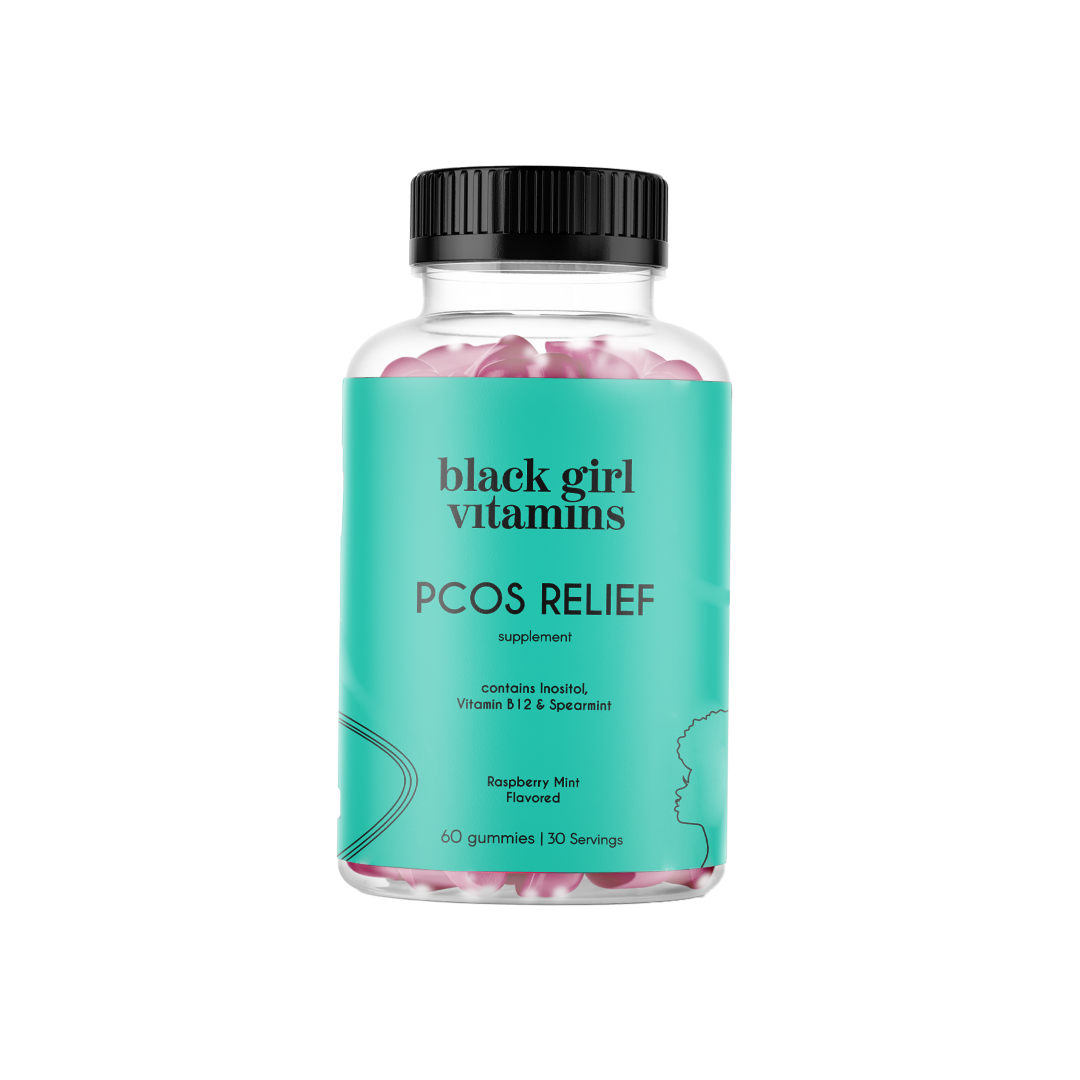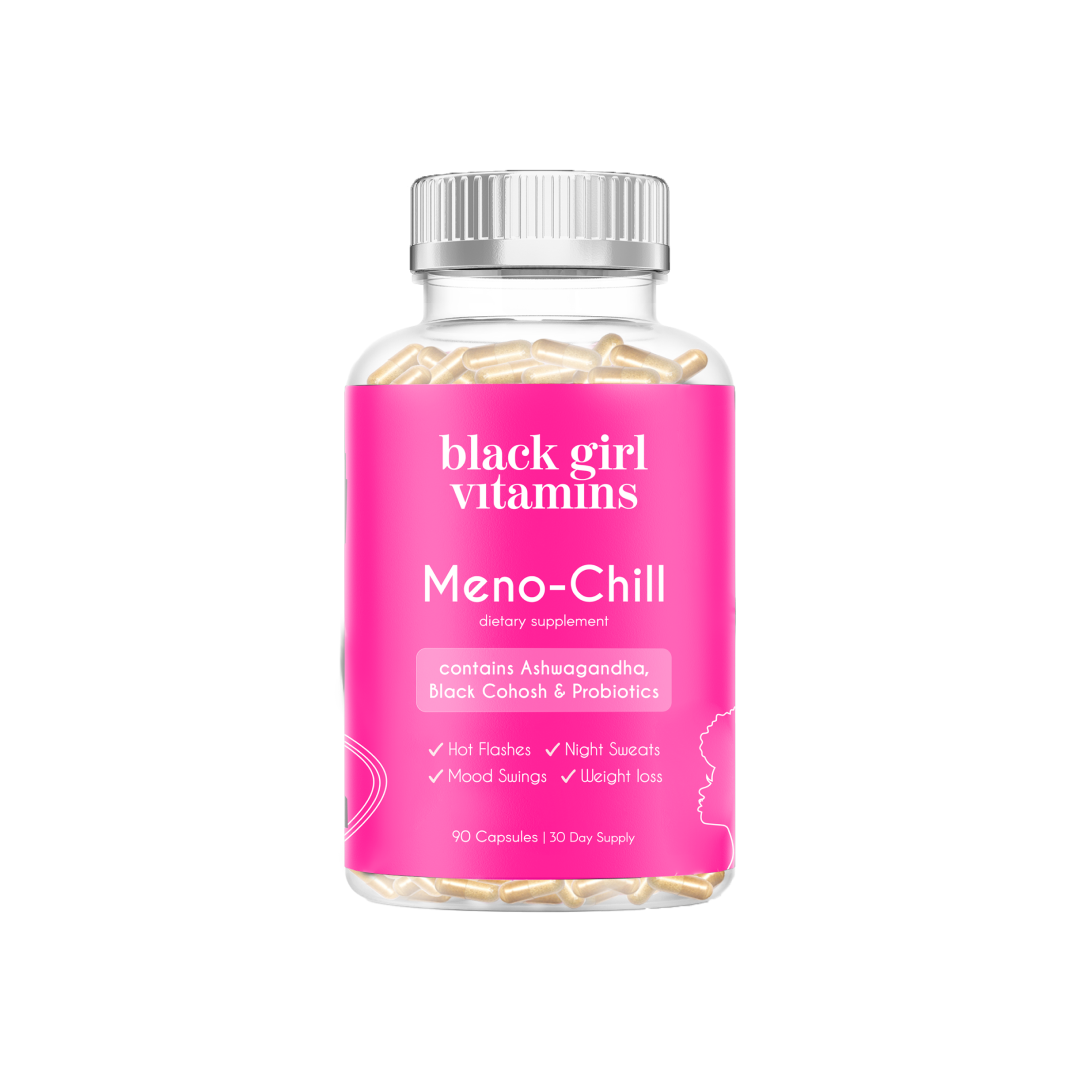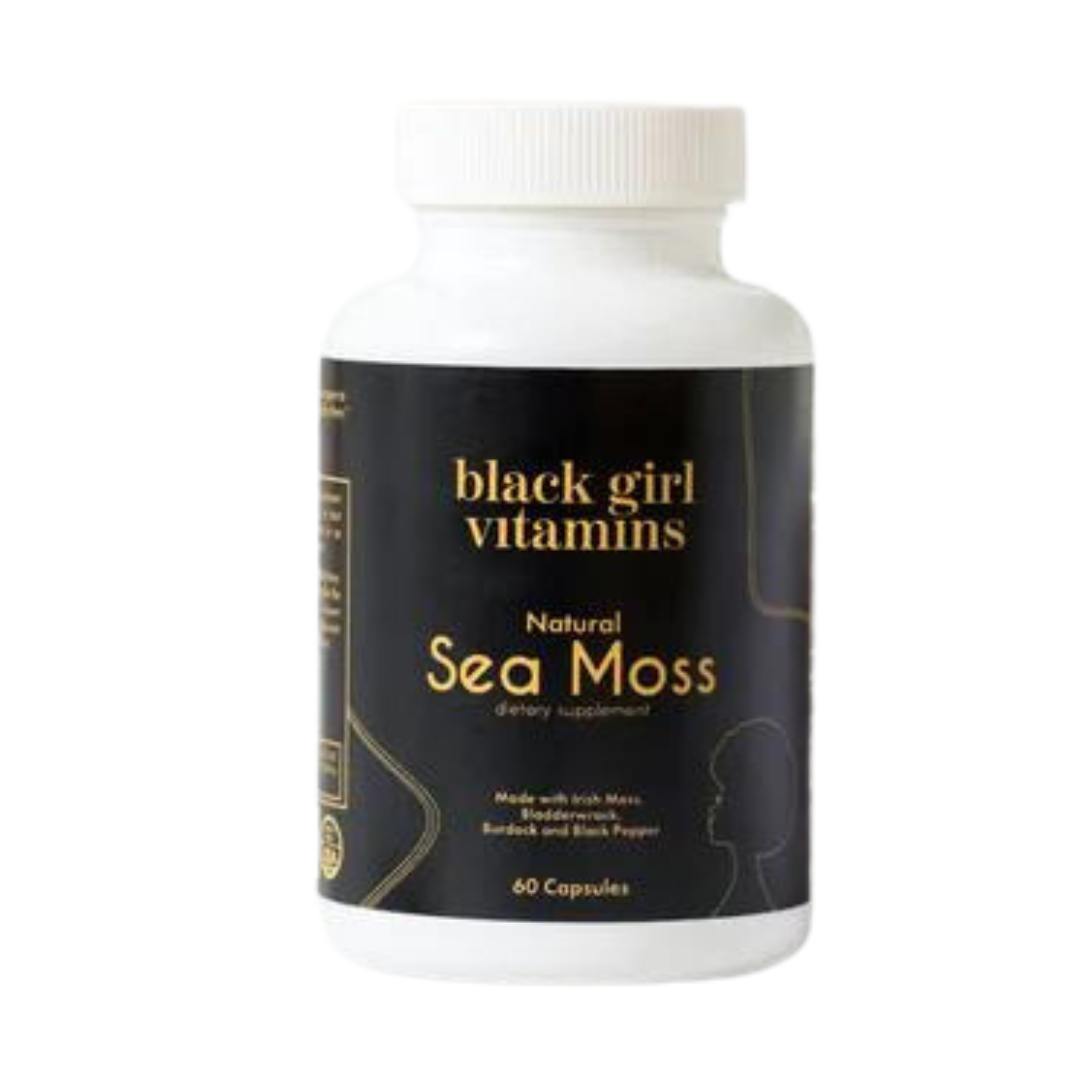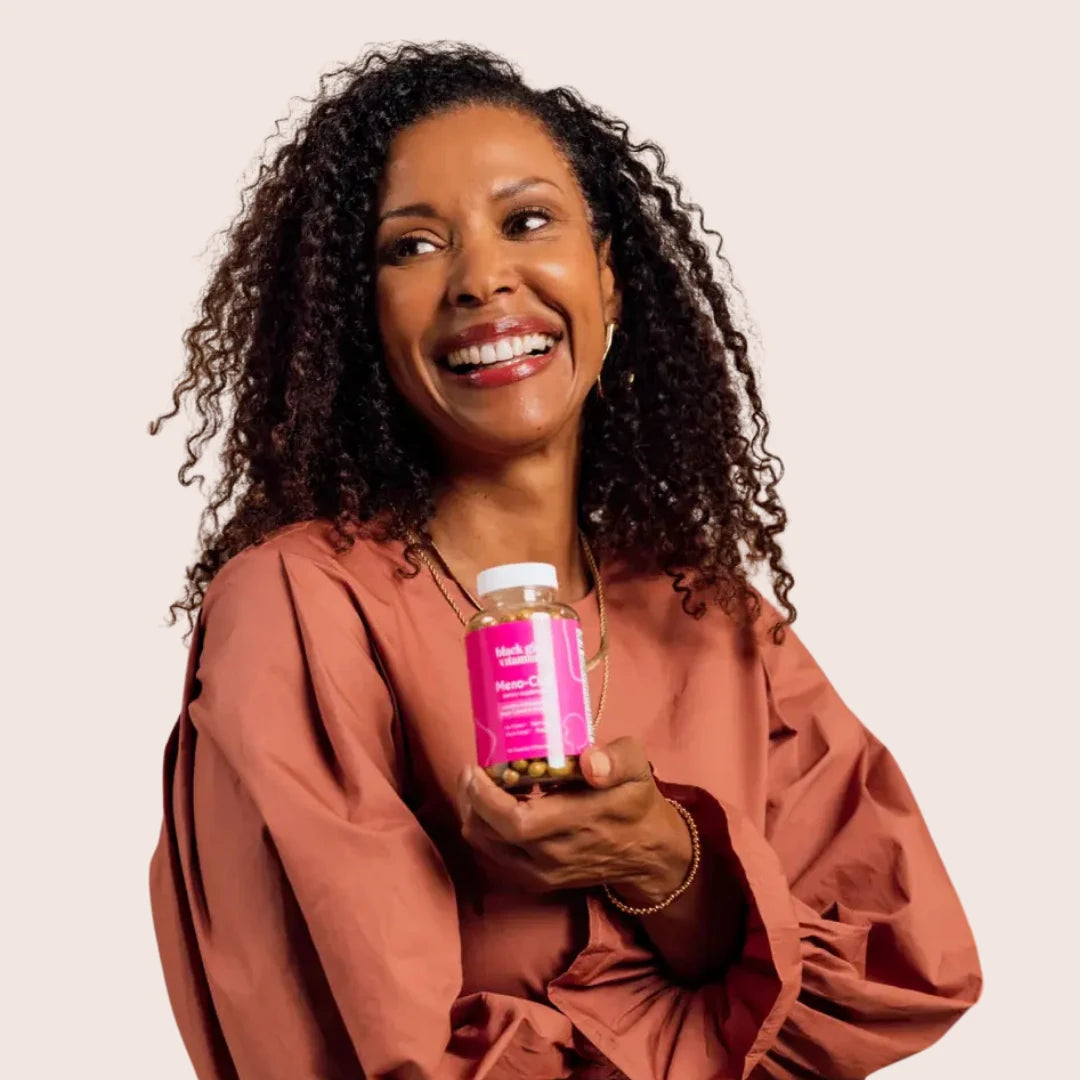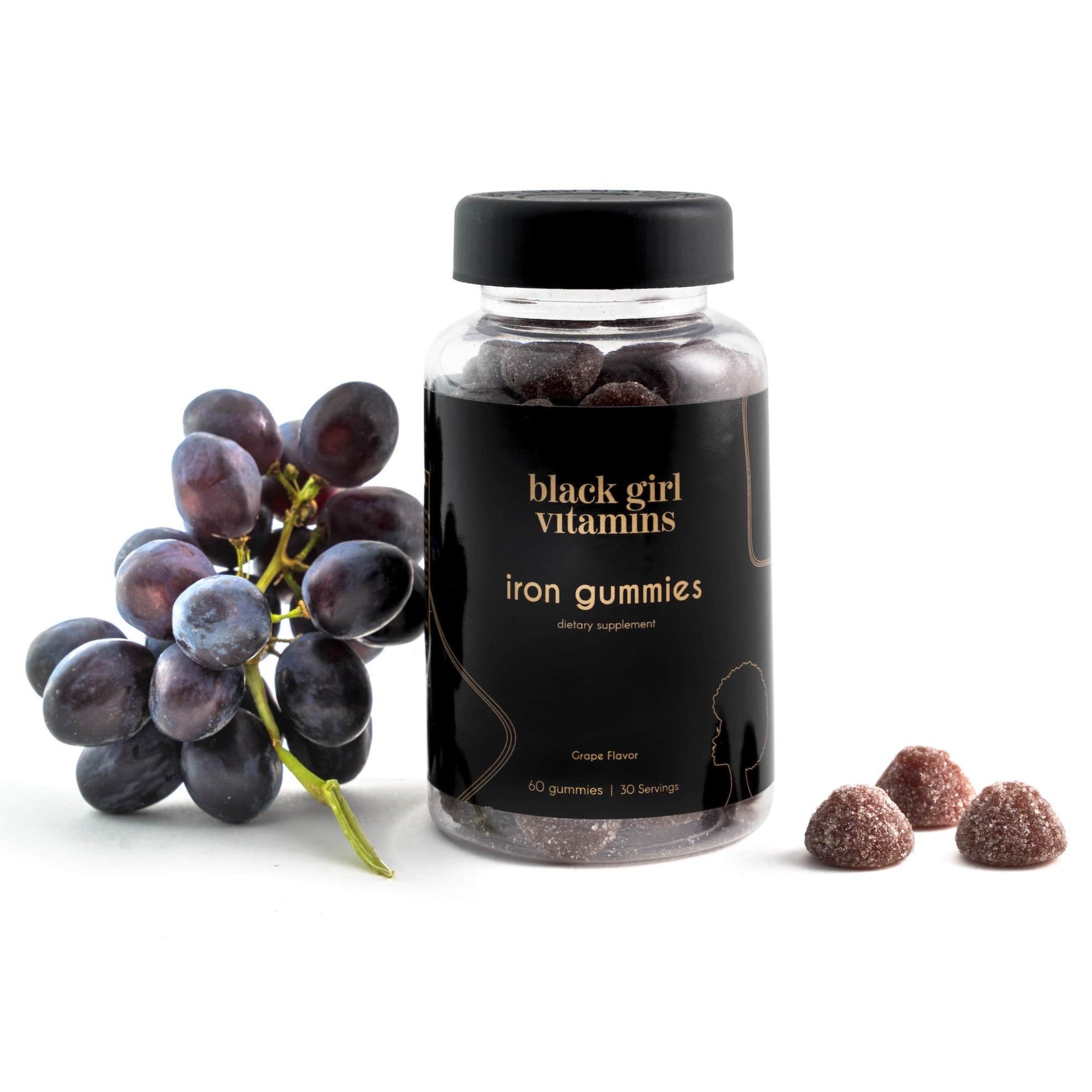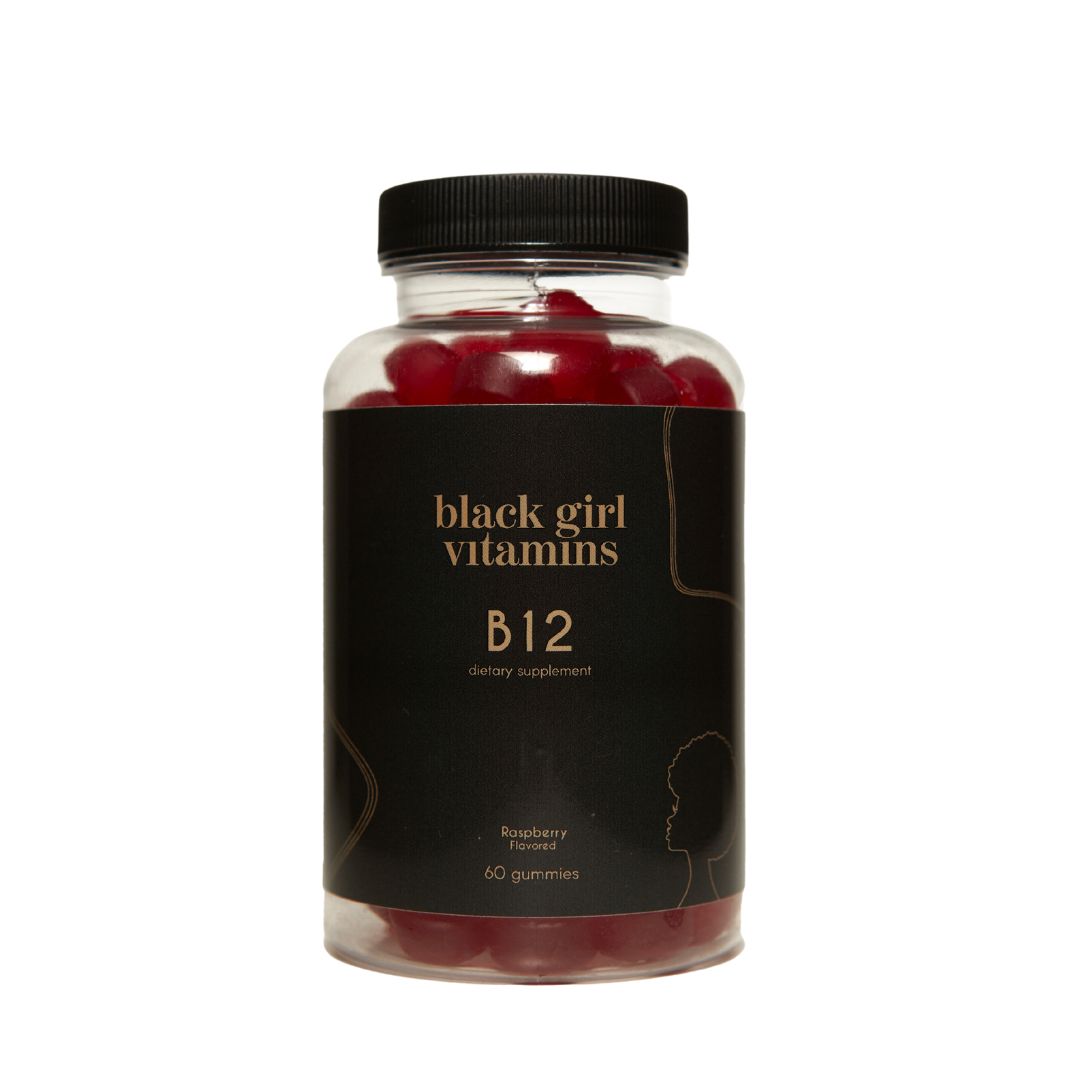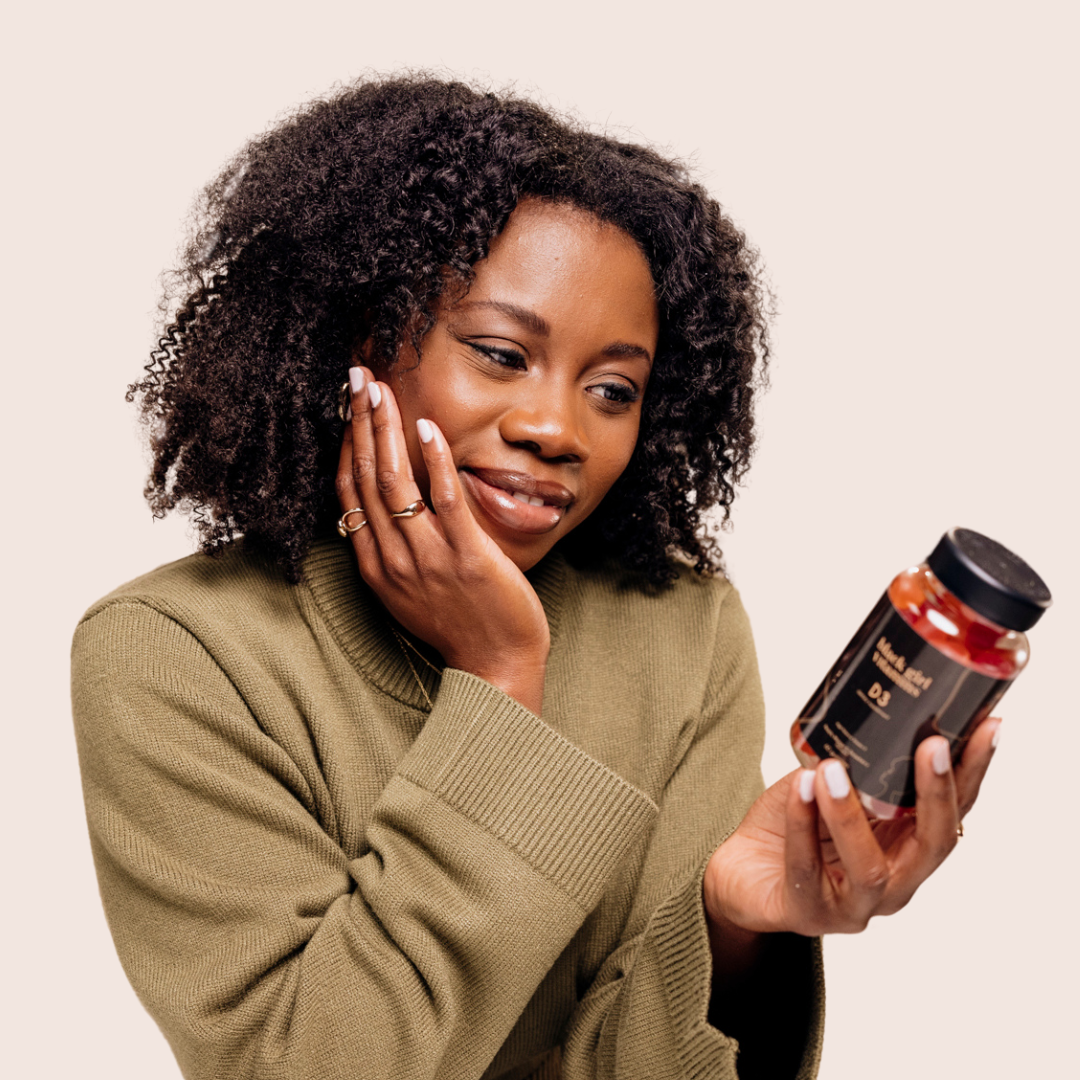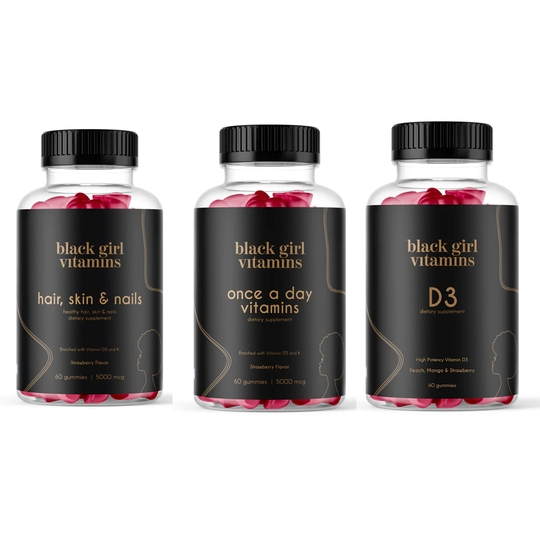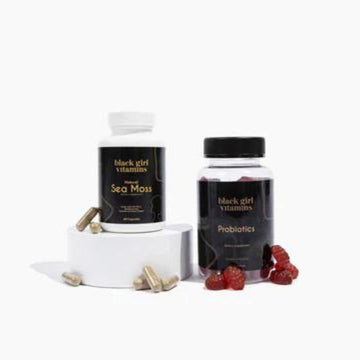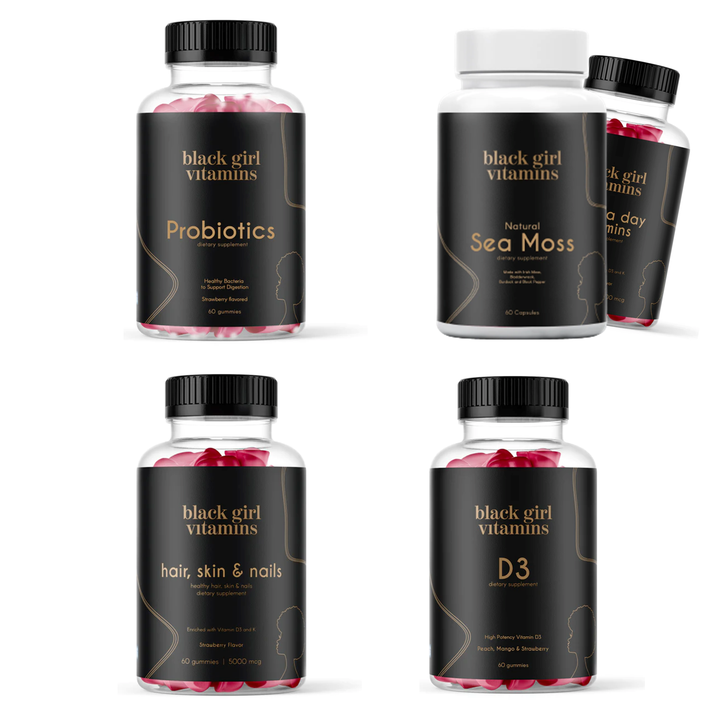PCOS Acne: Understanding the Connection To Manage Effectively
Reviewed By | Dr. C. Nicole Swiner – Family Medicine – BGV Medical Advisor
If you have polycystic ovary syndrome (PCOS), you may be familiar with the persistent acne that often comes with it. PCOS acne is caused by hormonal imbalances, including excess androgen levels. That means the whole root of your problem is in the out-of-control hormones raging through your body.
Let’s explore the connection between PCOS and acne so you will understand why it happens and how to manage it effectively. With the right approach, you can take control of your skin health and reduce related breakouts.
What’s the Connection Between PCOS Hormonal Imbalances and Acne?
When you have polycystic ovarian syndrome, elevated androgen levels throughout the menstrual cycle are one of the key factors in the development of acne.
Androgens are the so-called male hormones that are present in both men and women, but women with PCOS typically have higher levels of androgens. This leads to increased sebum production in the skin. Sebum is an oily or waxy substance your body produces to protect and moisturize your hair and skin.
When your body creates excess sebum, it can clog your pores, creating the perfect environment for acne-causing bacteria to thrive. For most women with PCOS-related acne, breakouts will appear primarily where oil production is the highest, such as along the jawline, chin, and neck.
Understanding this hormonal connection is a necessary first step in addressing the root cause of your acne when you have PCOS.
What Are the Common Symptoms of PCOS Acne?
PCOS acne is usually more persistent and severe than typical hormonal acne. The most common symptoms include deep cystic breakouts that can be painful and difficult to treat with over-the-counter products.
Women with PCOS may also experience other side effects of hyperandrogenism, such as excessive hair growth known as hirsutism, thinning hair or hair loss on the scalp, and irregular periods. While acne is one of the most visible symptoms, you must remember to use a variety of lifestyle changes and treatments to manage your overall PCOS and improve your skin’s health.
What Are the Best Acne Treatments for PCOS?
The most effective acne treatment options for PCOS typically involve a combination of topical and systemic therapies. Topical treatments, such as benzoyl peroxide, retinoids, and salicylic acid, can help unclog your pores and reduce inflammation.
Many women with PCOS are also prescribed spironolactone or other antiandrogen medications to block the effects of excess androgens, resulting in a reduction of acne and male-pattern hair growth.
Hormonal treatments, such as oral contraceptives or birth control pills, can also help regulate hormone levels and improve skin health by lowering your androgen levels. To develop the best treatment plan, it’s helpful to consult a dermatologist who is experienced in managing PCOS-related acne.
Can Lifestyle Changes Impact PCOS Acne?
Yes, lifestyle changes can play an important role in managing your PCOS acne. Insulin resistance is often associated with acne-flare-ups, but you can improve your insulin sensitivity by exercising regularly. You can also help stabilize your hormone levels and promote clearer skin by eating a balanced diet, rich in whole foods and low in processed sugars.
When medically indicated, weight loss can help reduce excess androgen production. Lowering stress can reduce cortisol levels, further reducing acne triggers.
Vitamin D and zinc show potential as supplements that help improve skin health, with a more comprehensive blend tailored to the skin needs of Black women available from Black Girl Vitamins. When you use these changes, in combination with proper skincare, you can achieve clearer, healthier skin.
When Do You Need a Healthcare Provider for PCOS Acne?
When your acne is severe, ongoing, and not improving with over-the-counter treatments and lifestyle changes, you may want to consider talking to a healthcare provider. There are many kinds of doctors who can help you and they all have different specialties.
Dermatologists can offer specialized treatments such as prescription-strength creams or oral medications. Your gynecologist or endocrinologist can help assess how hormonal imbalances contribute to your acne. They may recommend options like birth control pills or spironolactone. Blood tests may be necessary to evaluate your hormone levels to provide target treatments tailored to your needs.
Taking Control of Your PCOS Acne With the Right Treatments
If you want to manage your PCOS acne effectively, you will need a multifaceted approach that will address both the physical symptoms and the hormonal imbalances causing the condition. Finding the right combination of treatments will help you reduce acne breakouts and regain control of your skin.
If you get overwhelmed, reach out to a healthcare provider to discuss your symptoms and create a personalized plan of treatment for your needs. They can help you choose the best topical products, anti-androgens, and lifestyle changes to get the clear skin you want.
Black Girl Vitamins is here to provide you with the highest-quality supplements designed to help Black women like you embrace your healthiest self.
Sources:
Androgens: Function, Measurement and Related Disorders | Cleveland Clinic
Sebaceous Glands: Function, Location & Secretion | Cleveland Clinic





